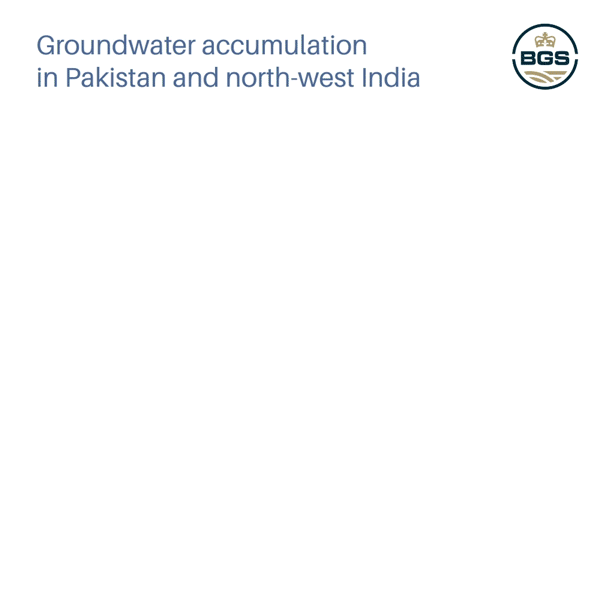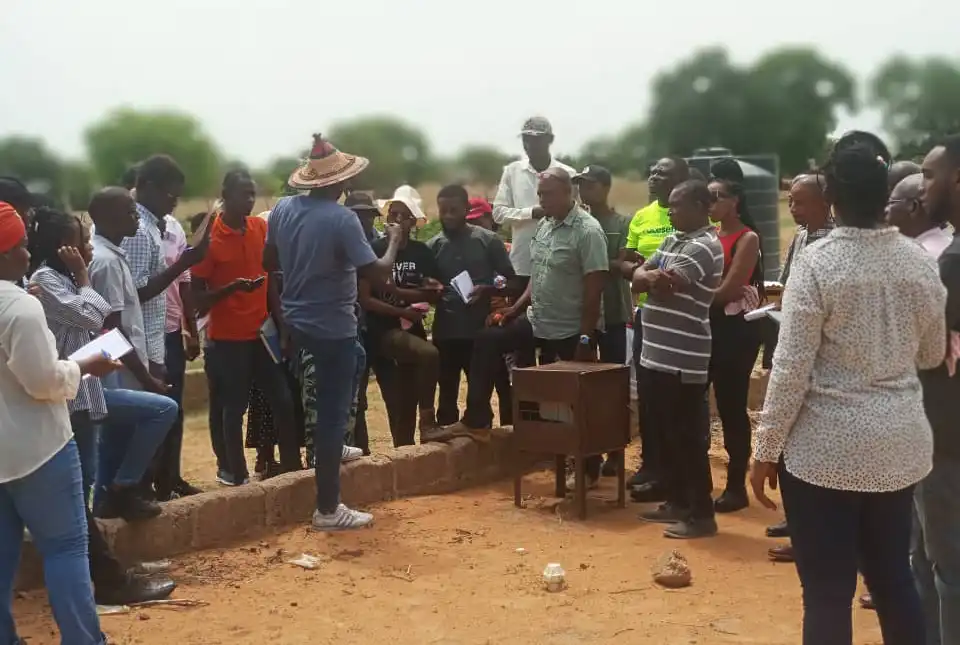TerraFIRMA is a five-year, NERC-funded, Multi-Centre National Capability (MCNC) UKRI award (Grant number: NE/W004895/1) running from April 2022 to March 2027. TerraFIRMA addresses the opportunities to achieve the United Nations Framework Convention on Climate Change‘s Paris Agreement target of keeping global mean temperatures below 2°C above pre-industrial values and the risks associated with exceeding this target. The programme will deliver a suite of novel future projections that investigate the risks and impacts associated with overshooting key global warming targets and the reversibility of any triggered changes and impacts. It involves eight centres in partnership with the Met Office Hadley Centre (MOHC):
- British Antarctic Survey
- BGS
- Centre for Polar Observation and Modelling
- National Centre for Atmospheric Science
- National Centre for Earth Observation
- National Oceanography Centre
- Plymouth Marine Laboratory
- UK Centre for Ecology & Hydrology

Groundwater accumulation in Pakistan and north-west India. BGS / UKRI
BGS’s role
BGS’s role will investigate societal and environmental impacts of climate change. The five main impacts investigated are:
- water resources, flooding and landslides
- climate and air quality interactions
- wildfires
- marine ecosystems
- global sea level
We will target three primary regions:
- sub-Saharan Africa
- the south Asian monsoon (land and ocean)
- the North Atlantic and the UK
BGS’s responsibilities
Along with the UK Centre for Ecology & Hydrology (UKCEH), BGS is responsible for examining water resources, flooding and landslides. The overall aims for the water resources activity are:
- analysis of future precipitation changes over sub-Saharan Africa and South Asia (CMIP6 climate model; bespoke UKESM simulations; downscaled) wet and dry seasons, intra-seasonal precipitation intensities, and duration and intensity of dry spells (led by the National Centre for Atmospheric Science)
- analysis of the resilience of key hydrological systems (groundwater; surface water; landslides; valley glaciers to changes from climate; land use; pumping validated with observation data) (led by BGS and UKCEH)
- future impacts on water security investigated using the Joint UK Land Environment Simulator (JULES) and the newly developed Hydro-JULES – British Geological Survey (bgs.ac.uk) model and CANARI project to generate impacts on surface water, groundwater and soil water, and other offline models on water supplies and landslides (led by BGS and UKCEH)
Project collaboration
Contact
If you want to discover more then please contact Alessia D’Artibale




